COIR FIBER
Coir is a versatile natural fiber extracted from mesocarp tissue, or husk of the coconut fruit Generally fiber is of golden color when cleaned after removing from coconut husk. It is a renewable natural by-product.
Coir fiber is excellent to build bird nests and use as mulch, in upholstery, it is a great alternative to synthetic fibers and completely chemical-free. Natural looking nest for small pet bird can be made from natural soft coconut husk fiber. Good for small birds for breeding, laying eggs, hatching etc.
- Description
- Advantages
- Reviews (0)
Description
Coir is a versatile natural fiber extracted from mesocarp tissue, or husk of the coconut fruit Generally fiber is of golden color when cleaned after removing from coconut husk. It is a renewable natural by-product.
Coir fiber is excellent to build bird nests and use as mulch, in upholstery, it is a great alternative to synthetic fibers and completely chemical-free. Natural looking nest for small pet bird can be made from natural soft coconut husk fiber. Good for small birds for breeding, laying eggs, hatching etc.
Coir Fiber is ideal for nest building by small birds such as finches, canaries and budgies. Coir Fiber can also be used as bedding for rabbits, mice and guinea pigs.
Coconut coir is 100 % Organic, Superior, Safe, Clean, Preferred by Birds. No bad side effects, non-toxic even if ingested. No chemicals, no pest or pesticides, total parasite free. It can be safely composted or recycled.
Structure
The individual fiber cells are narrow and hollow, with thick walls made of cellulose. They are pale when immature but later become hardened and yellowed as a layer of lignin ( a chemical compound that is an integral part of the cell walls of some cells, example tracheids, xylary fibers and sclereids of plants) is deposited on their walls. Mature brown coir fibers contain more lignin and less cellulose than fibers such as flax and cotton and so are stronger but less flexible. They are made up of small threads, each about 1mm and 10 to 20 micrometers in diameter. White fiber is smoother and finer, but also weaker. The coir fiber is relatively water proof and is one of the few natural fibers resistant to damage by salt water.
- has a better absorption rate. When the animals urinate on the bedding it is only required to replace a small portion of Cocopeat bedding which can be easily identified with its changing color, with urine. Hence it will be cheaper to replace bedding.
- Removed used cocopeat with Manure can be re-used directly for the crop production as a soil conditioner in farm fields. Here the cocopeat mixed with manure does not required to be modified by addition of any chemicals before been spread in the farm fields like Saw Dust and Shavings, which incurs an additional expenditure. Hence used COCO BEDDING can be re-sold at a higher price than purchased.
- Due to its resistant to Bacterial and Fungal Growth it Protect the animals getting caught to Diseases due to bad bedding.
- Stocking of cocopeat bales are made easy due to its method of packaging that compresses the cocopeat to a ratio of 2:1 and made it into a shape of a cube of 20 kg and packed in a white polythene cover.
- This low compression ratio supports the user to de-compress the bales manually. And its low weight (20 kg) allows a single person to handle a job manually

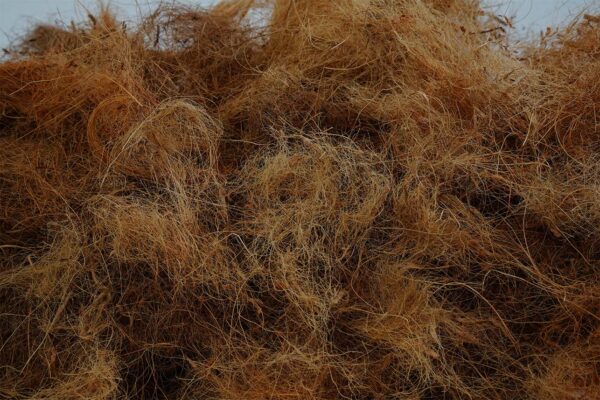

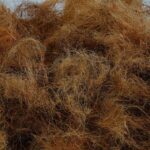
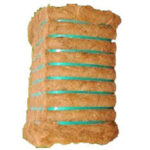
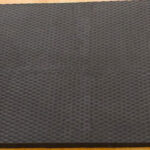
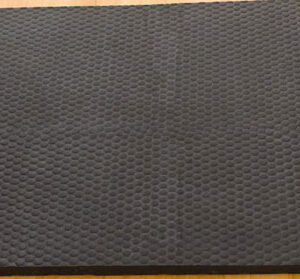
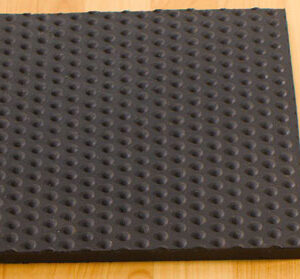
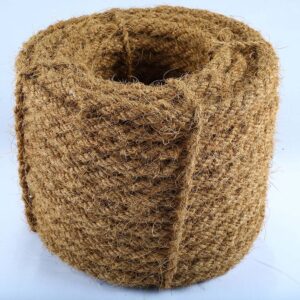
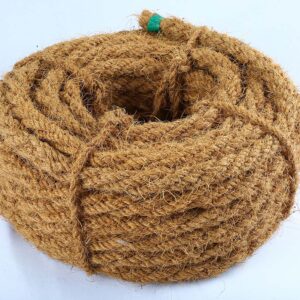
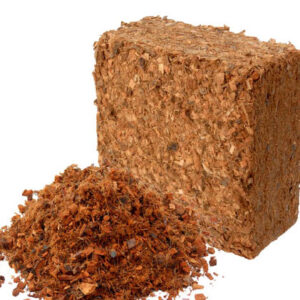
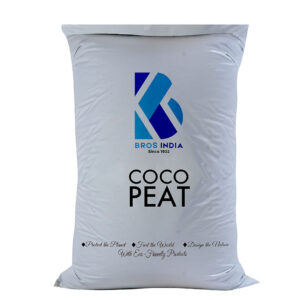
Reviews
There are no reviews yet.